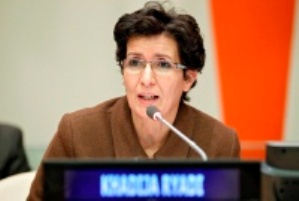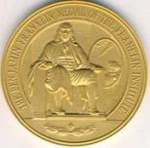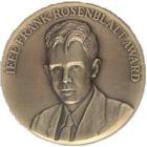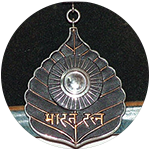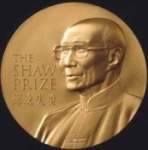United Nations Prize in the Field of Human Rights Award
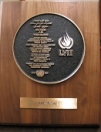
Awards Type : InterNational Award
Organized Country : Switzerland
First Award : 1968
The United Nations Prizes in the Field of Human Rights were instituted by United Nations General Assembly resolution 2217 in 1966. They are intended to "honour and commend people and organizations which have made an outstanding contribution to the promotion and protection of the human rights embodied in the Universal Declaration of Human Rights and in other United Nations human rights instruments".They were first awarded in 1968, and they have been given out at five-year intervals since then.
The award ceremony traditionally takes place on 10 December, which the UN has designated Human Rights Day. The recipients are selected by a special committee comprising the presidents of the General Assembly and the Economic and Social Council and the chairs of the Commission on Human Rights, the Commission on the Status of Women, and the Sub-Commission on the Promotion and Protection of Human Rights.The physical token of the award is a metal plaque bearing the UN seal and an artistic design, and engraved with an appropriate citation. In contrast to the Nobel prizes – and the list of prizewinners shares much common ground with the Nobel Peace Prize in particular – the UN's awards are non-monetary in nature.



